EV Charger Installation 101: What Homeowners Need to Know
Understanding EV Charger Installation
Electric vehicles (EVs) are becoming more popular, and with this shift comes the need for home EV charger installations. Installing a home EV charger is essential for the convenience of charging overnight and preparing for longer trips. Let's explore the process in detail, focusing on panel requirements, permitting, and the types of chargers available.
Panel Requirements for Your Home
Before installing an EV charger at home, it's crucial to ensure your electrical panel can handle the additional load. Most chargers require a 240-volt electrical circuit, similar to what electric clothes dryers or ovens use. Check with a qualified electrician to see if your current electrical panel can support this or if it needs an upgrade. For Pennsylvania homeowners, it's particularly important to confirm your panel meets regional standards and can accommodate future electrical needs, especially if you plan to add a second EV or other energy-intensive appliances.
Permitting Process
Obtaining the necessary permits is a critical step in the EV charger installation process. This ensures your installation meets local building codes and safety standards. In Pennsylvania, you may need to contact your local municipal office or a qualified contractor, like Electrical & Mechanical Systems, Inc., to understand the specific requirements. Be prepared for an inspection by local authorities to ensure the installation complies with all safety regulations.
Types of EV Chargers
There are primarily two types of home EV chargers: Level 1 and Level 2. - Level 1 Chargers: These use a standard 120-volt outlet and are the easiest to set up, but they charge vehicles slowly, typically providing 2 to 5 miles of range per hour of charging. - Level 2 Chargers: Require a 240-volt outlet and are much faster, offering 10 to 60 miles of range per hour. They are generally the preferred choice for overnight home charging. Choosing between these chargers depends on your daily driving needs and your home's electrical capacity.
Tips for Pennsylvania Homeowners
When planning your EV charger installation, consider Pennsylvania's weather conditions. It's advisable to install chargers in a garage to protect them from the elements. Also, investigate state-specific incentives or rebates for EV charger installations, as financial assistance could be available to reduce the cost. Furthermore, consult with local experts, like Electrical & Mechanical Systems, Inc., who can provide insights into state regulations and offer reliable service. By understanding these elements and partnering with knowledgeable professionals, you can ensure a seamless transition to sustainable transportation with home EV charging capabilities.
If you're ready to upgrade your home with an EV charger, contact Electrical & Mechanical Systems, Inc. today for a consultation. Our team of professionals is ready to ensure a seamless and safe installation, customized for your needs.

